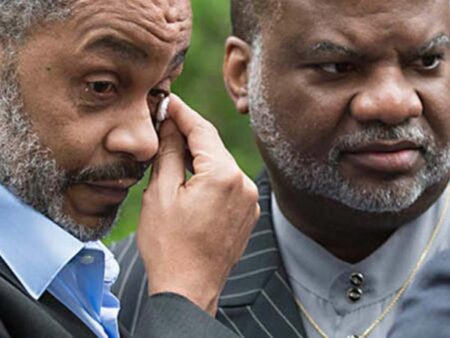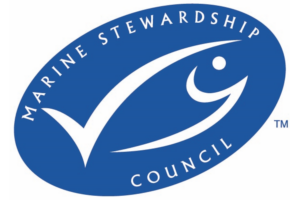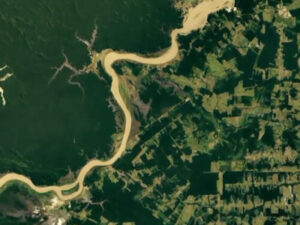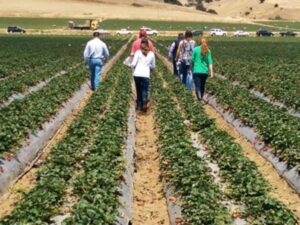From Leanna First-Arai / Yes! Magazine: Soil collection ceremonies offer a meaningful way to help cope with and create institutional memory of racial violence across the United States. The Equal Justice Initiative is working to keep the victims of lynching and racial violence alive in America’s collective memory by promoting a practice common across cultures—the collection of soil. Communities collect soil from sites of racially motivated killings into jars, which are then displayed at the National Memorial for Peace and Justice and Legacy Museum in Montgomery, Alabama.
Learn about other social innovation resources.







